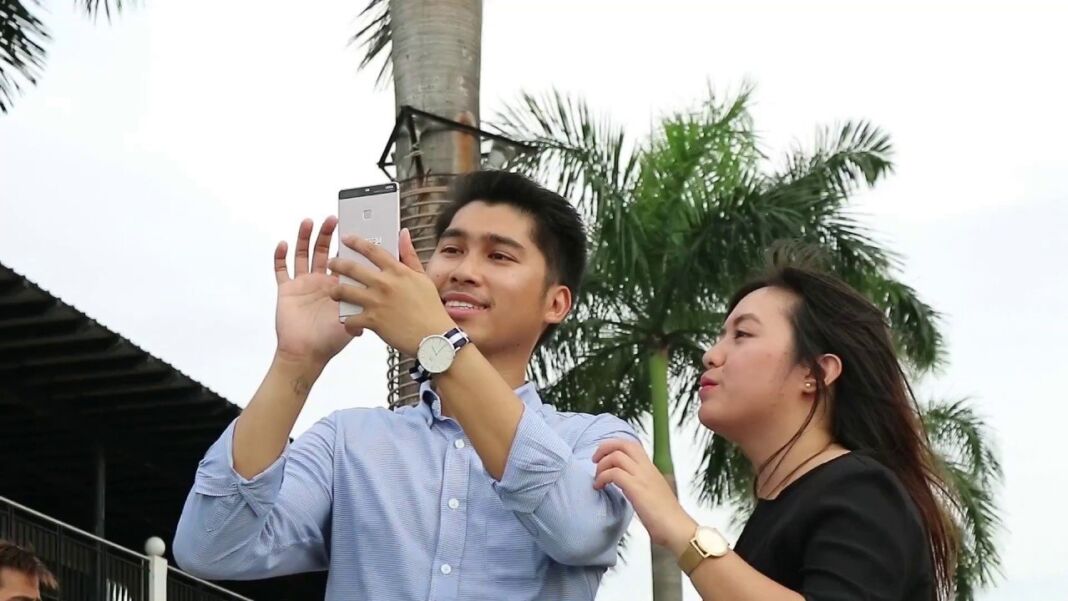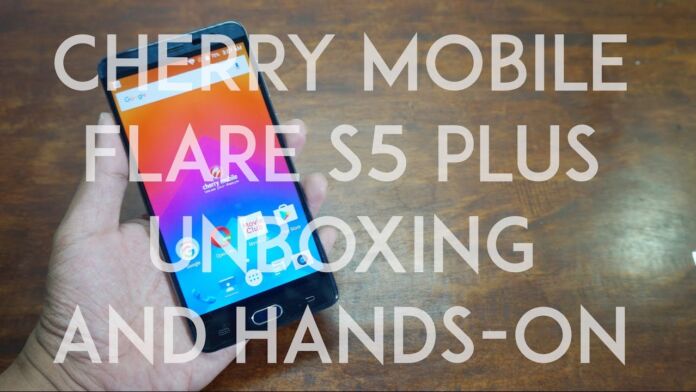When was the last time you ever saw someone holding up a mobile phone with a VGA camera to take photos? Nowadays, it is unusual to even see someone owning that kind of mobile phone. When you walk down the streets, you would mostly see people holding smartphones. These smartphones have cameras that can capture megapixels. The higher, the better and more accurate in terms of image resolution.
The camera game has definitely changed. Smartphone brands are constantly upgrading their cameras to challenge professional cameras in the best way that they can. However, to be able to know who the reigning king of smartphone photography is, there is a need to directly compare the capabilities of various smartphone cameras.
Seven participants, comprised of Instagram influencers and photography enthusiasts, have been invited to test out smartphone photography. In respective order, Samsung, Apple and Huawei came out as the top 3 with the most smartphones sold globally during Q2 of 2016. As such, for the challenge, the selected smartphones to be used were the Samsung S7, Apple iPhone 7 Plus and Huawei P9.
Battle of the Smartphone Photography
| iPhone 7 Plus | Huawei P9 | Samsung Galaxy S7 | |
| Camera | Dual 12 MP, (28mm, f/1.8, OIS & 56mm, f/2.8) | Dual 12 MP, f/2.2, 27 mm with Leica optics | 12 MP, f/1.7, 26mm with Dual Pixel Technology |
| Focus | Phase Detection | Laser Autofocus + Phase Detection | Phase Detection with Dual Pixel Technology |
| LED | Quad LED Flash | Dual LED Tone Flash | Dual LED flash |
| Optical Image Stabilization | Yes | Yes | Yes |
| Special Technology | Two Cameras that works independently | Two cameras for RGB and B&W co-engineered with Leica | One of the few smartphone with f/1.7 aperture |
| PRO MODE | Basic Only | Yes | Yes |
The Rules of the Challenge
On the battle, each participant was instructed to shoot different subjects using the iPhone 7, Huawei P9 and Samsung Galaxy S7 in same angles. This method is mostly used to easily compare shots, but we’ve also added more context as they need to shoot in 4 different kinds of categories, vivid, bokeh/depth of field, low light and monochrome/black and white.
The iPhone 7 Plus trumps Samsung Galaxy S7 and Huawei P9 in the lowlight category with 6 voting it to be the best in that segment. It further proves what the brand claims as a mastery to taking photos even at the most unexpected moments.
However, Huawei P9 takes the lead for most of the categories namely the bokeh feature, monochrome and vivid portions with 7, 5 and 4 respondents respectively voting for the brand to have the best in these specifications.
In a similar phone blind test that Vox Pop did, this time with 50 respondents, the results are almost the same. The Samsung Galaxy S7 lags behind the two other brands in all categories, getting only 12%-18% of the respondents’ nod. The iPhone 7 Plus ranks in second, getting 30% of the votes for the bokeh category and 34% for the monochrome selection.
Unsurprisingly, the Huawei P9 got the most votes for Bokeh with 29 respondents agreeing it has the best feature in that category. It finished a close second to the iPhone 7 Plus in the Monochrome and Vivid categories, gathering 24 and 22 total votes, respectively. Overall, the participants seem to favor Samsung Galaxy S7 the least and Huawei P9 the most when it comes to three key features: bokeh, monochrome and vivid.
The Result of the Challenge
As this was a blind test for all the respondents, both surveys swing in the same results with the Samsung Galaxy S7 as the least favorite for all of the features suggested. Meanwhile, the iPhone 7 Plus gets applauded for its excellent lowlight capacity.
As for the rest of the features tested – bokeh, monochrome and vivid – Huawei P9 proves to be the best and it can be said that the brand’s partnership with Leica has turned out to be the most wonderful decision it has made to date.
Do you agree with the result? What’s your choice and what would you say works best for you? Find out here
Here’s a poll on where you can vote which is the best smartphone that suits you. Check it out here



